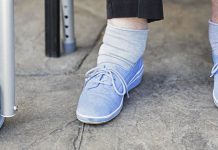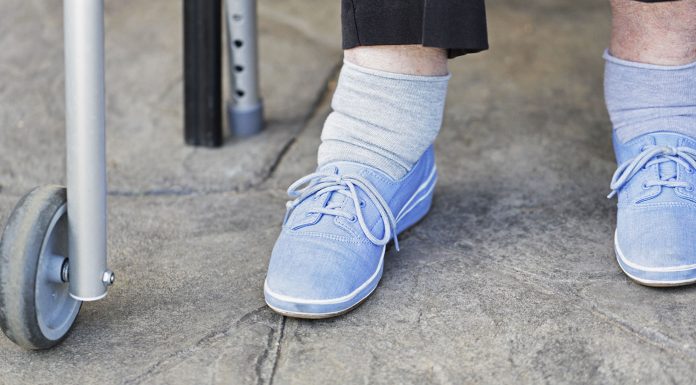Southern DHB is the latest to join the international social media #endPJparalysis movement co-founded by Christchurch-based nurse and consultant Brian Dolan.
Jen Gow, the Southern DHB’s Releasing Time to Care charge nurse manager, said its Sit Up, Get Dressed and Keep Moving initiative would encourage patients to get dressed and moving as quickly and as safely as possible to avoid the potential negative impacts of being bed-bound.
She said the Southern campaign was aimed at supporting patients of all ages and particularly encouraging and reassuring older people it was okay to wear clothes and walk around.
“For an older patient the effect of being in a hospital bed can be far-reaching,” said Gow. She said unnecessary bed rest could lead to reduced muscle strength, increased risk of falls, reduced mobility and loss of confidence. This could delay to delays in re-establishing normal routines and older people being able to return home.
Gow said Dolan would be running a workshop for health professionals and colleagues from across the Southern health system next week in Dunedin. Dolan is director of service improvement at Canterbury District Health Board but spends about four months of the year in the UK as a consultant and an honorary and visiting professor at two UK institutions.The workshop will be based on Dolan’s TODAY model for change programme.
Southern DHB’s new Chief Nursing & Midwifery Officer Jane Wilson said Dolan’s message was clear that patient time was the “most important currency in healthcare” and this was supported by the DHB.
Sit Up, Get Dressed, and Keep Moving was being launched today by the DHB, with displays in the foyers of Dunedin and Southland Hospital and information in the hospital wards through posters and leaflets to educate staff, patients and visitors.
The #endPJparalysis movement started early this year as a twitter hashtag linking twitter conversations on the topic of getting older patients up and dressed. The West Coast DHB was the first DHB to get behind the movement, with medical ward clinical nurse manager Rose Kennedy saying it provided a framework for medical wards like her own to support a restorative model of care and hadn’t added to the nursing workload, just reshaped it.






















